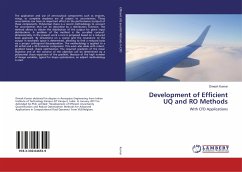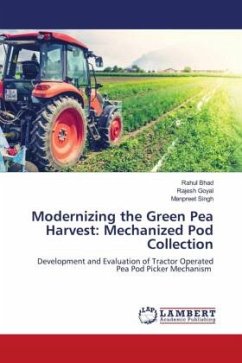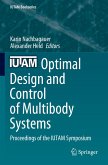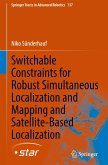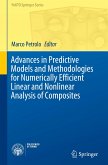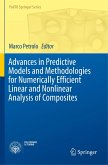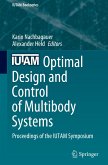The application and use of aeronautical components such as engines, wings, or complete airplanes are all subject to uncertainties. These uncertainties can have an important effect on the performance (output) of these components. Polynomial chaos is a recent methodology to account for uncertainties that can be described by a distribution function. The method allows to obtain the distribution of the output for given input distributions. A problem of the method is the so-called curse-of-dimensionality. In the present work a cure is proposed based on a reduced basis approach. By simulations on a coarse grid the covariance of the output in stochastic space is determined, allowing to find a reduced basis via a proper orthogonal decomposition. The methodology is applied to a 2D airfoil and a 3D transonic compressor. This work also deals with robust, gradient based, shape optimization. The required gradients of the mean objective and of the variance of the objective can be determined viaa polynomial chaos expansion of the gradient. Because of the high number of design variables, typical for shape optimization, an adjoint methodology is used.
Bitte wählen Sie Ihr Anliegen aus.
Rechnungen
Retourenschein anfordern
Bestellstatus
Storno

